While working in a wheat field, they found a sunken ship from 1856 ... still completely intact!

In the second half of the nineteenth century in America, as elsewhere, steamboats were the most used freight vehicles.
In fact, steamboats were constantly navigating the main Midwest rivers (the Mississippi, Ohio and Missouri) linking remote areas and ensuring a massive exchange of goods.
Sometimes, however, these steamboats sank and with them the precious cargo they had been carrying on board.
In 1987, one of these steamboats was found, not in a river, but in what had become a wheat field! What was found and brought to light was hard to believe.
via Dallasnews.com
It seems absurd, but this discovery was made near Parkville, a town in Missouri built right on the river of the same name.
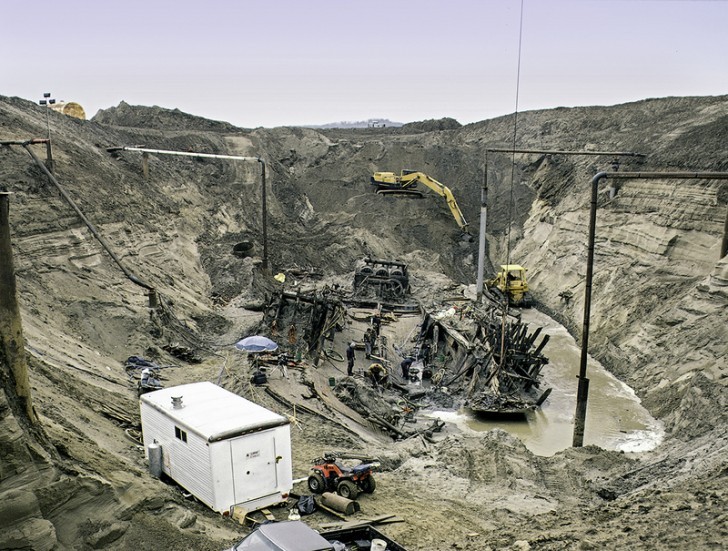
Arabia Steamboat Museum
Usually the remains of these boats are very damaged, however, in this case, the artifacts were immaculate and unbroken, just as they had been when the steamboat sank in the turbulent waters of the Missouri River, 160 years ago.
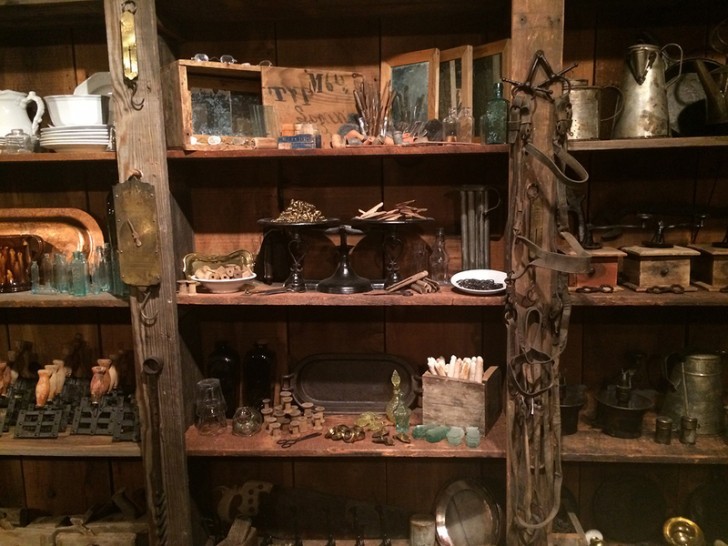
Arabia Steamboat Museum
We know the name of the steamship was Arabia and that it was built in 1853. It could carry more than 200 tons of cargo and was one of the fastest and easiest maneuvering steamboats of its time.
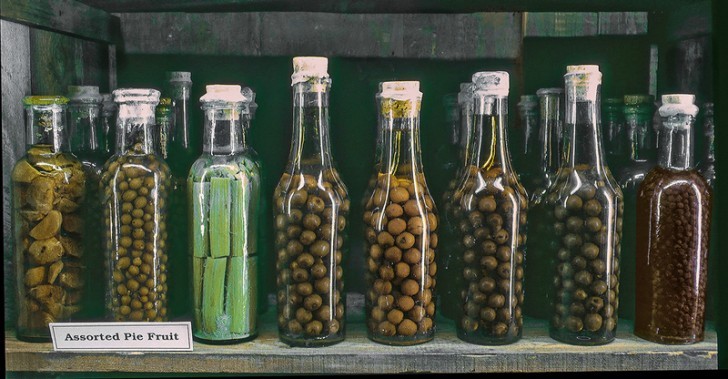
Arabia Steamboat Museum
After only three years of sailing, however, the Arabia met its ill-fated destiny! It left the St. Louis dock on 30 August 1856 traveling to reach 16 newly built cities and it sank the following week after being snagged by a huge fallen walnut tree.
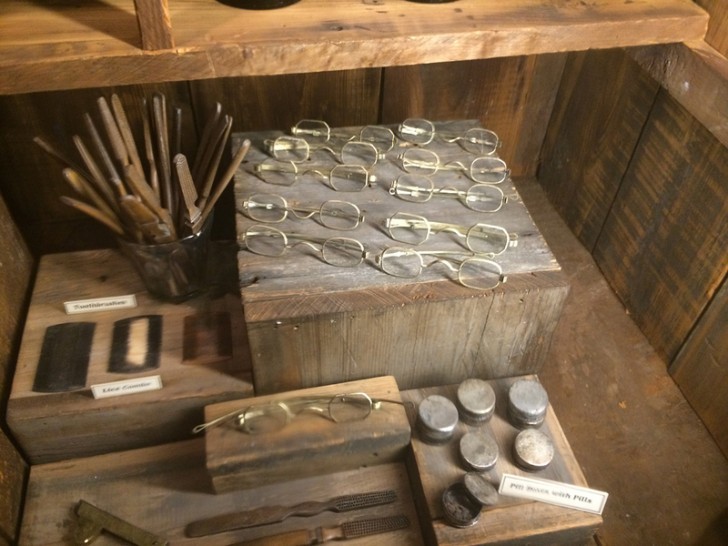
Arabia Steamboat Museum
The motive of the unusual location of the find can be traced back to the historical accounts of the era. In fact, a century after the Arabia had sunk, a group of Army engineers undertook the task of modifying the course of the Missouri River.
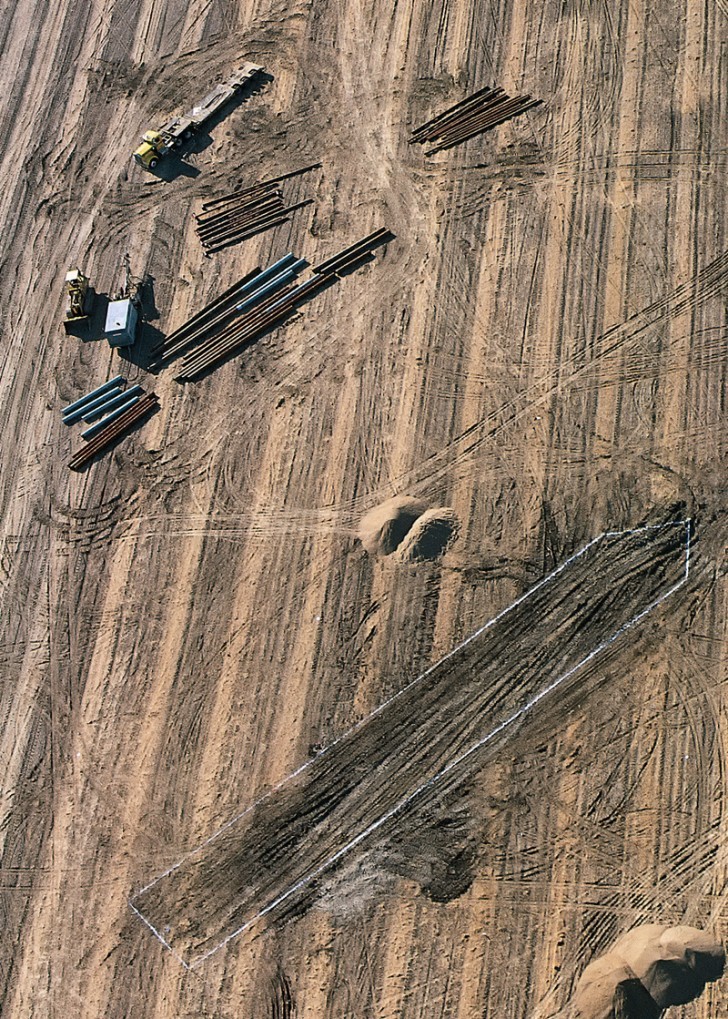
Arabia Steamboat Museum
Parkville just happened to one of the areas affected by the work of the Army engineers.
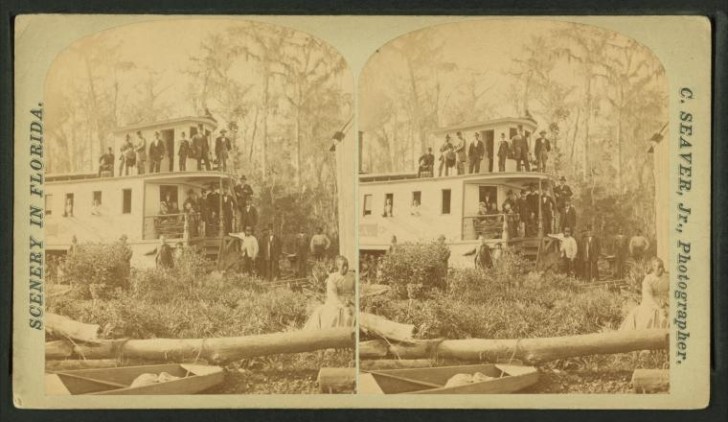
New York Public Library/Public Domain
The discovery, however, was made thanks to the careful research of a steamboat enthusiast, David Hawley, who had devoted all his resources to discovering and recovering a shipwreck that had become legend.
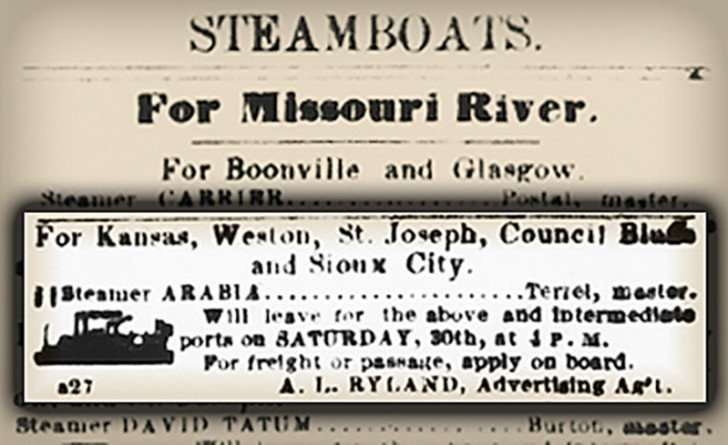
Arabia Steamboat Museum
In 1987, after long studies and research in regards to the possible location of the shipwrecked "treasure" and after obtaining permission to dig from the owner of the wheat field, David proved that he had finally found the right location! But the surprises had only just begun ...
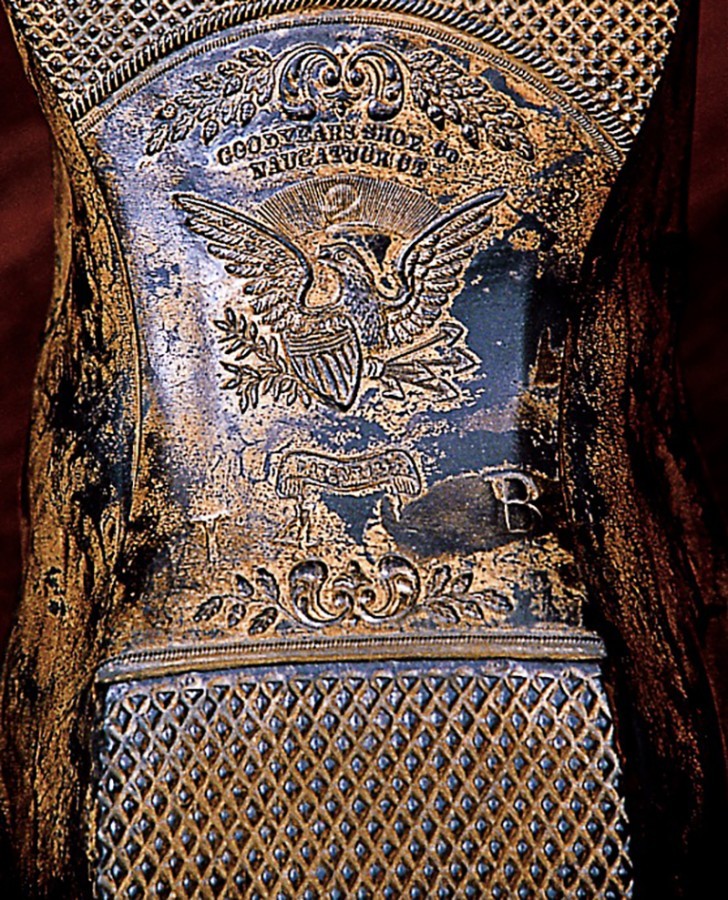
Arabia Steamboat Museum
The excavations were originally funded by the Hawley family and in a short time, it was clear that the cargo load of the steamboat Arabia had remained intact.
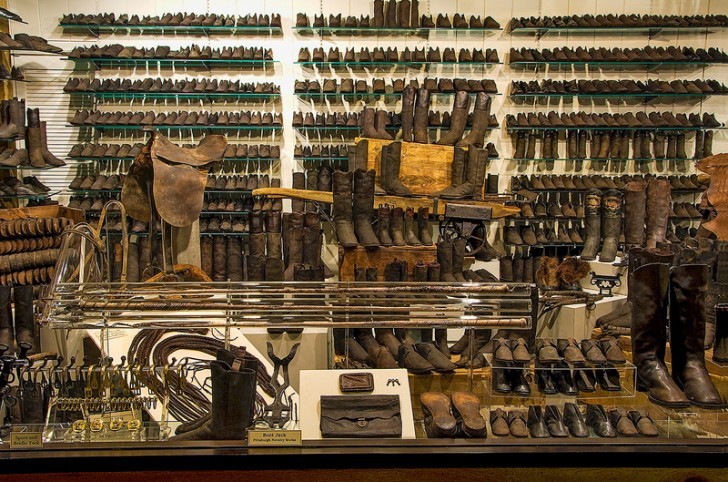
Arabia Steamboat Museum
In the end, they recovered 200 tons of objects that were still in perfect condition such as Goodyear rubber boots, unbroken champagne bottles, saddles, Indian necklaces, and much more.
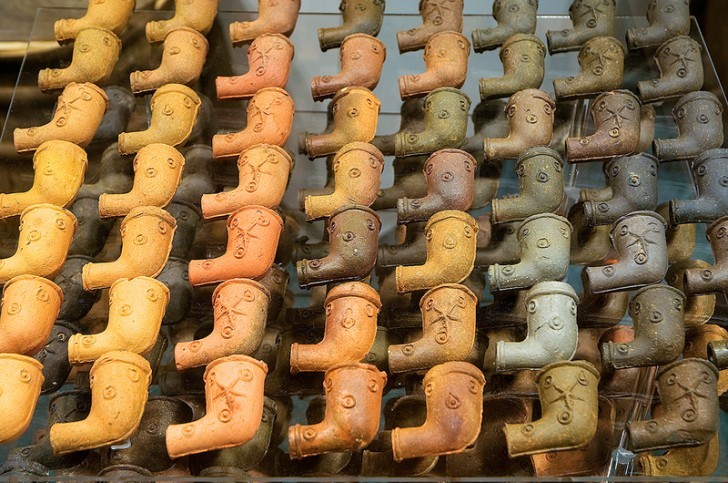
Arabia Steamboat Museum
Soon it was realized that the mass of the cargo was so large and well-preserved that it allowed the Hawleys to make big plans for all the remains and artifacts ...
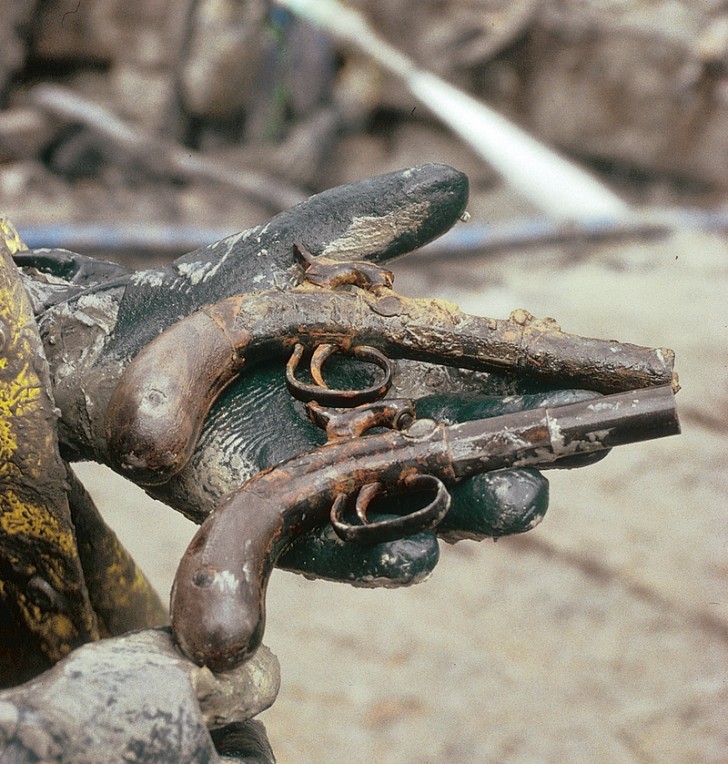
Arabia Steamboat Museum
So they decided to turn a former fruit and vegetable market into a large historical museum that was named after the steamboat itself and every year the "Arabia Steamboat Museum" attracts thousands of curious tourists!
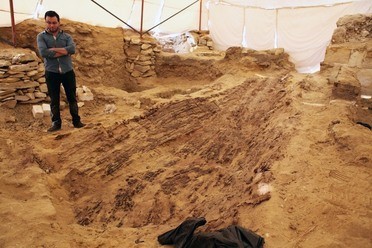
Arabia Steamboat Museum





